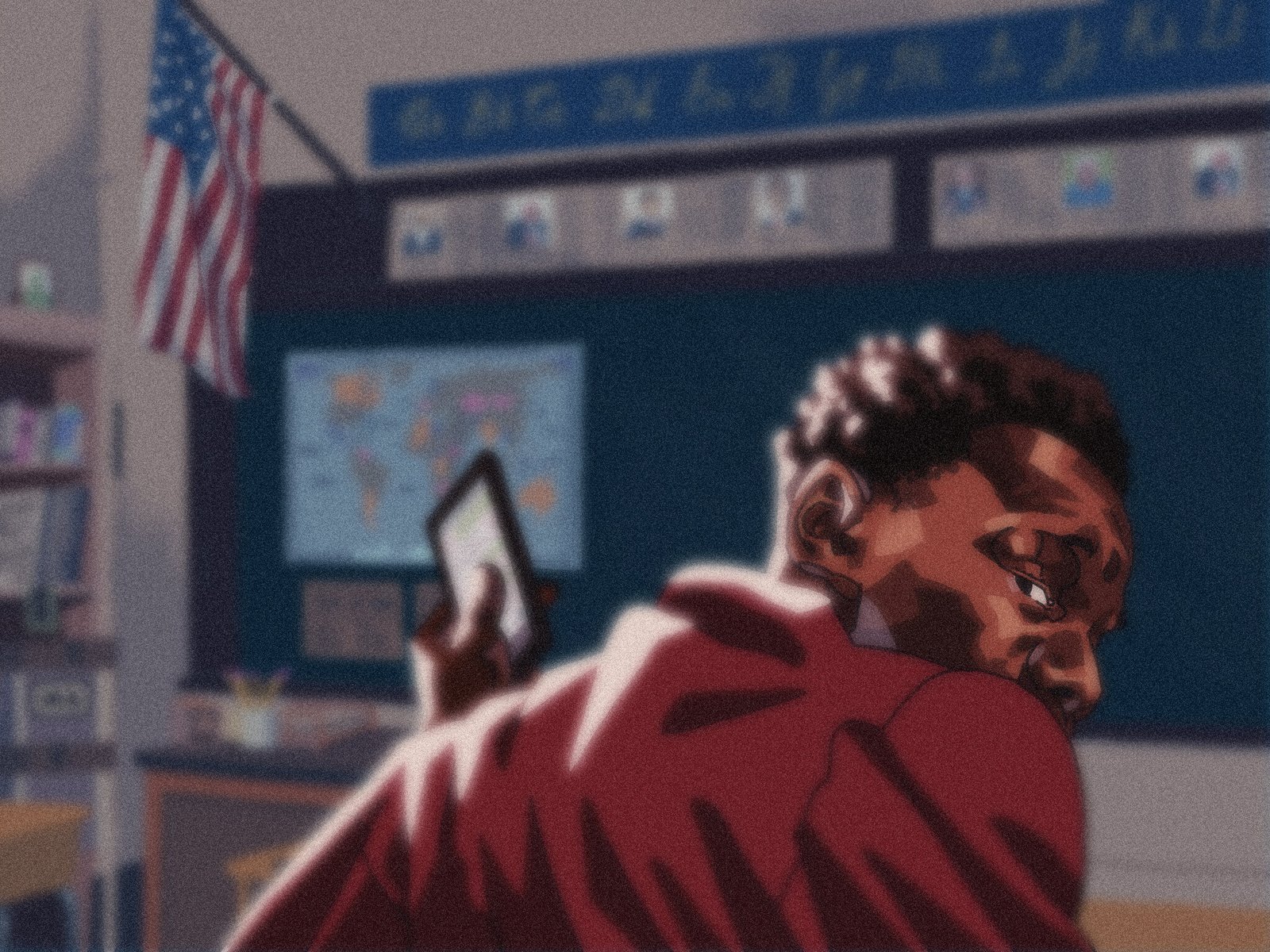How are your teachers and school administrators handling incidents related to bullying at your school? Are their responses effective?
Dashka Slater offers guidance in her article “How Can You Respond to Young People who Have Experienced Racist Jokes at School?” by suggesting possible responses:
“People at my school make racist jokes,” the sixth-grade boy replied when I called on him; his voice still had not changed at this point. When asked by me for assistance in stopping their inappropriate behaviors, he answered in the affirmative. “How do I stop them?”
At that point, I had just finished conversing with two senior high school students from Piedmont, California about my new book, “Accountable.” Both its adaptation in The New York Times Magazine as well as my book tell the tale of turmoil that ensued at one California high school and its community after some students created and posted racist material on Instagram. Since its publication, both article and book have prompted discussions at schools around the country on issues raised in both stories – social media radicalization, racism, humor, boy culture impacts of bullying as well as effective responses that exist for each.

This particular audience was composed largely of adults, and they responded by applauding as though his desire to stop racist jokes were enough for success. Perhaps it was, but this sixth grader wasn’t looking for approval or platitudes like “Be kind” “Speak up!” and “Be an upstander,” which adults tend to use when asked about middle and high school social dynamics: He wanted actual answers about how he could get people at his school to stop making racist jokes without becoming part of them himself.
As I spoke, I kept in mind: “You know I’m just a journalist – why would anyone think that I have all of the answers?”
Young people present both joys and challenges when discussing sensitive subjects. I typically begin my discussions by asking students to raise their hands if they have seen or experienced hate speech online, whether through gaming platforms, racist memes/videos on social media platforms, or comments left in articles or videos – they all have. We all have.
If I have managed to capture students’ attention – something which may prove more challenging before lunch or during first period when they are still sleeping – they will respond with questions which demonstrate both how pertinent this topic is to them and their desire for guidance.
At one school, a girl spoke so quietly that I had to lean in close in order to hear. Haltingly and staring directly at the ground, she inquired how people can make amends for harm they caused when the individual has refused to speak out against it. While she didn’t reveal exactly what had been done wrong or felt guilty over it, I could see it haunted her — both guilt over injuries caused and fear that punishment would remain an ever-present force in her life.
I often think about this girl, wishing for the right words to offer her. At every school visit I make, I remind students they are work in progress – that their teenage years will see both harm done to them and harm caused to others, yet that they have the capacity to survive both sides of this coin. Each time, however, I leave feeling saddened at how vulnerable these young people can be in response to forces they neither created nor control.
Have you experienced or witnessed racist jokes, online hate speech, or racist incidents at your school? How did you react, in terms of both yourself, your peers or teachers responding, as well as reflecting back now to this incident and considering alternative responses to handle it differently?
How prevalent are hateful jokes or speech at your school, do they pose a significant problem, and how are they impacting students and the learning environment as a whole?
What policies or rules does your school have regarding racist or hateful speech, are they meaningful and effective, and do you believe the community is taking sufficient measures to combat the problem?
Ms. Slater opens her article with an arresting question from a sixth-grade boy: “People at my school make racist jokes. How can I stop them?” Adults applauded his bravery in publicly asking this question out loud; but Ms. Slater noted that the boy wanted an answer — not validation or platitudes. Does this story resonate with your experiences as a student? Do you wish there had been more guidance and answers — rather than more platitudes — from adults and teachers?
How would you respond to the sixth-grade boy and provide advice for getting kids at his school to stop making racist jokes without becoming part of them themselves? Are there any effective strategies you have tried or witnessed that have worked well?
What would you like adults and educators to know about being a teenager now and experiencing racist and hateful speech in school?
Students 13 or older in the US/UK or 16 globally can comment. All submissions will be moderated by Learning Network staff before going public; once your comment has been approved it may even appear printed form.
Find additional student opinion questions here, while teachers can utilize this guide to incorporate these prompts into their classes.
Stay tuned to Centralfallout for the latest scoops and updates of Latest News, Trending News, Technology News, World News and Entertainment News.


